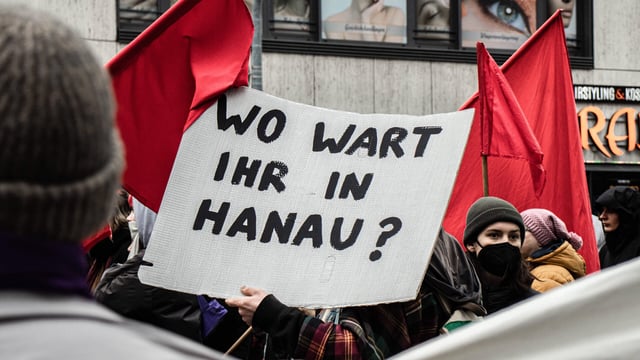Overview
- A comprehensive study by Germany's Antidiskriminierungsstelle des Bundes confirms discrimination risks in nearly all areas of police work, including racial profiling and underprotection of marginalized groups.
- The study highlights 'overpolicing,' where groups like Black people and those with mental illnesses face disproportionate stops, controls, and violence, and 'underprotection,' where migrant women and others are often ignored or mishandled as victims.
- Bias extends internally, with women, trans individuals, migrants, and homosexual officers facing discrimination within police ranks.
- Researchers recommend reforms such as mandatory anti-discrimination training, independent complaint bodies, and mandatory recording of incidents, but political leaders remain divided on implementation.
- Interior Minister Alexander Dobrindt opposes oversight measures and advocates for expanded police powers, while Federal Police Commissioner Uli Grötsch acknowledges racial profiling at border controls and stresses the need for better training.



